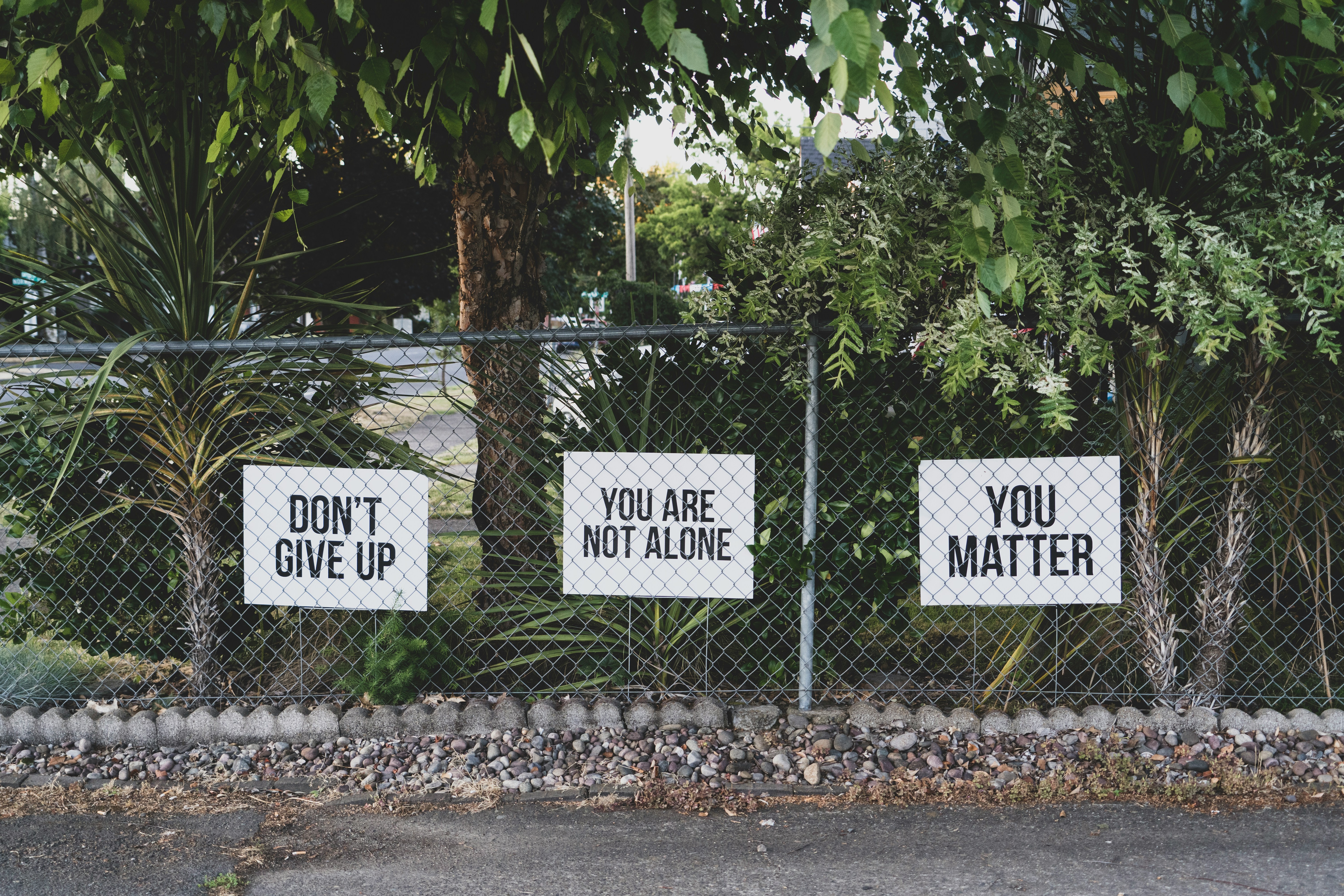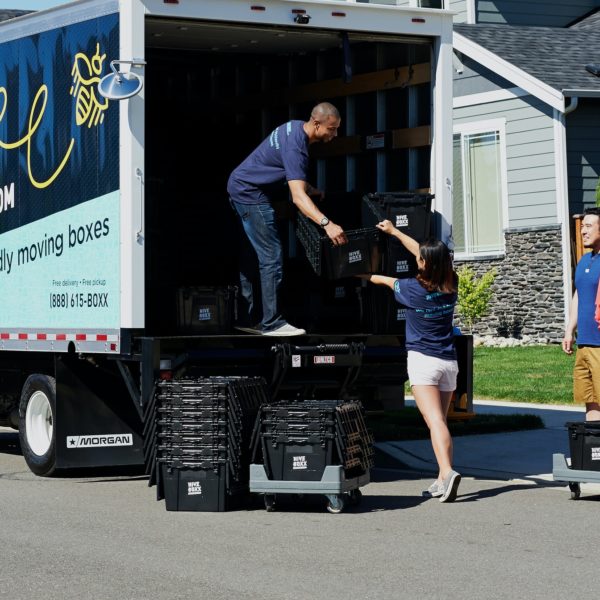Addiction is a serious disease. When you are overusing certain substances like drugs or alcohol, it can seem impossible to escape. It can affect your physical wellbeing, your relationships, your career, and every aspect of your life. Not only will your health be affected, but serious addiction can also lead to fatal complications. Starting your recovery is necessary, but it may not be an easy process.
Recovering from an addiction requires a complete lifestyle change. You go through many stages of deciding to get better. Because addiction is a psychological disease, you‘re basically at war with your own brain on your road to recovery, and you want the healthy side to come out victorious. Stay the course, your journey won’t be completed overnight. Just like addiction takes time to develop, it will take time to recover from it as well. There are five stages of change and recovery for overcoming alcoholism or any other form of addiction. Experts recommend you take the time to fully experience each stage as you start your road to recovery. Let’s examine these five stages in further detail to get a better picture of life in recovery.
Stage One: Pre-contemplation
The first stage is known as pre-contemplation, and it is similar to the first stage of grief, denial. In this stage, you may be aware of the harm your addiction is causing to your life and to those around you, but you have no intention of changing your actions. You may get defensive and angry when someone brings up your addiction. You’ll find ways to rationalize your behavior and refuse to admit you have a problem. This may also be a stage of hopelessness and desperation, where other people encourage you to get help. However, help is likely not to be accepted at this stage, because you don’t truly believe that you have a problem.
Stage Two: Contemplation
The contemplation stage is when you’re on the fence about seeking treatment. You may be ready to acknowledge your addiction, but want to keep treatment in your own hands. You’ll try to cut back on your own or say you’ll start treatment without setting an actual date.
Stage Three: Preparation
Preparation begins when you make the decision to change. You’ve accepted your diagnosis and are committed to a new lifestyle. Many addicts will rush through this stage, eager to begin action. Be wary of that, because jumping in too quickly may mean your recovery is cut short or is unsuccessful. Take the time to mentally prepare yourself for the lifestyle changes that are coming.
This is the planning stage. Find a group or facility you’d like to rely on for your recovery. Outpatient Drug Rehab offers helpful ways to start you on a path to lifelong sobriety. With dedicated counselors and personalized treatment plans, you can have peace of mind that you’re starting your journey in good hands. Clinical services, peer-to-peer support, and nutritional guidelines lead you on the path to recovery. They offer inpatient treatment, as well as an outpatient program with a high level of care and sensitivity. You may participate in group counseling as part of your treatment plan, and they offer support if you relapse.
Stage Four: Action

The action stage can be the most difficult. This is when eliminating your addiction and do the majority of the hard work. You have to detox from your alcohol addiction or substance use. This is also when you repair the aspects of your daily life that went askew. Certain 12-step programs will help you reach out to family members and friends who may have been hurt by your behavior and allow those relationships to be repaired. Counselors will help you understand how to avoid temptation and stay away from relapse through various types of therapies, whether it’s day treatment or an inpatient treatment program.
Community is important during the action stage. Be sure you have a good support system around you. Whether it is weekly AA meetings, a close mentor, or a Bible study group, find what you need to lift you up during this hard time. If you want to reconnect with the scripture but don’t have a bible, you can get bible covers for women easily online. The words of the Bible can help you to rely on your faith during this journey. If God or another higher power is what drives you, then lean into it as much as you can.
Stage Five: Maintenance/Recovery

Maintenance and recovery last for a while after the action stage. During recovery, the steps you took to eliminate your addiction become second nature. This is when you develop healthy coping strategies and solidify behaviors that ensure you’ll remain sober and healthy.





